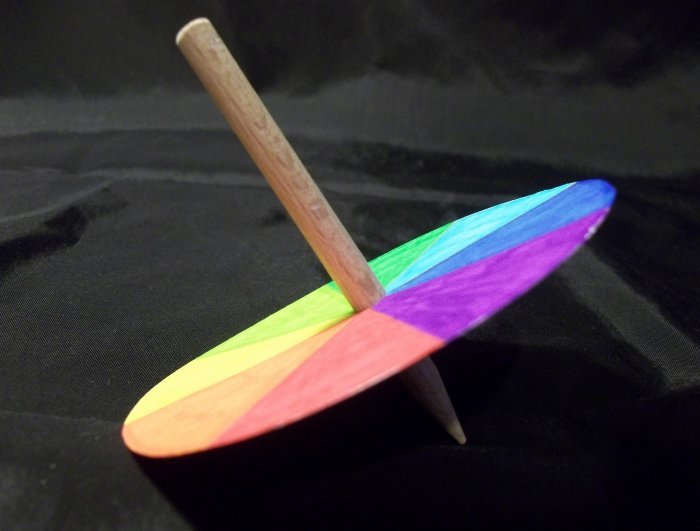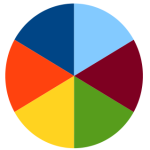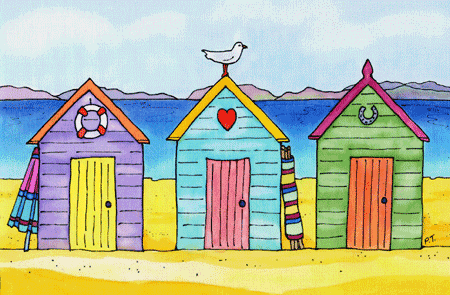The class need to decide on three symbols to represent nouns, adjectives and verbs.
Stand up right for a noun, wiggle your body for an adjective and pump your arms for a verb
(just like you would have symbols in Charades for book, film, musical etc).
Warm up the class first -
- Show the written word for a noun (discuss this) and ask the children to show you the correct actions
- Show the children the written word for a verb (discuss this) and ask the children to show you the correct action
- Show the children the written word for an adjective (discuss this) and ask the children to show you the correct action.
- Show the same cards again but don't say of these are nouns/verbs or adjectives.Ask the children to demonstrate the action. they think matches the word type.
Divide your class into “Tour de France t-shirt teams- different coloured t-shirts . No team should be le maillot jaune/la camiseta amarilla or das gelbe Tshirt. This one is for the winners at the end of the game!
Let’s brainstorm nouns, adjectives and verbs that we associate with sport and particulary with the Tour de France. You couod suggest that the children check and access these in the target language in bilingual dictionaries first!
Here are some to start us off ……….
Nouns
Cyclist , bike , wheel, tyre, puncture , race ,helmet , t-shirt , shorts ,road ,city ,start, finish ,speed, power….
|
Adjectives
fast , fit ,tired, thirsty, determined , exciting, powerful , competitive ,breathless,sporty
|
Verbs
to push , to pedal ,to race ,to compete, to challenge , to cheer, to watch , to participate, to win , to lose , to pass , to crash, to celebrate
|
Put the individual words as written target language words on to cards in a bag.Select five nouns, five adjectives and five verbs .
Check that the children have had time to look at and remember the meaning of the words with a partner in their team before you put the words in the bag.
Rules of the team competition!
- A volunteer from a team selects a word from the bag and decides if it’s a noun, an adjective or a verb.
- They must mime the word type action to their team.
- The team receive one point for guessing this correctly
- The volunteer must mime the meaning of the word- one more point for the team if they can guess and say it in the target language.
- If you play this UKS2 Year 6 or with KS3 there are two bonus points if they can put the noun or the adjective in to a simple sentence e.g the helmet is blue (etc)
- There is one more bonus point if the team can create a first person singular present tense statement if the volungteer has pulled a verbmout of the bag! (e.g. I push , I pedal, I race etc )?










